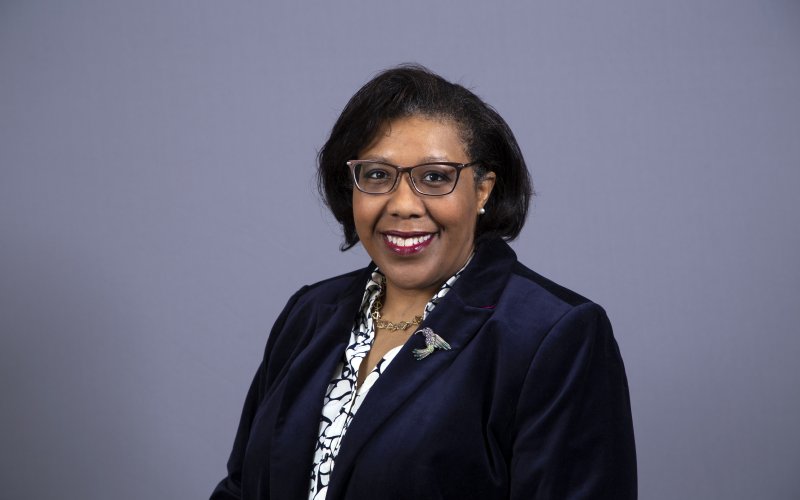School of Social Welfare Experts Contribute during COVID-19

ALBANY, N.Y. (March 11, 2021) – During March, national Social Work Month, the University at Albany highlights School of Social Welfare faculty experts on topics related to the role social workers have played in helping people during the COVID-19 pandemic.
Julia Hastings — Mental health/public health in the Black community (especially during COVID). Hastings’ new study looks at Black family stress and caregiving of loved ones diagnosed with Alzheimer’s Disease.
“Everyone involved in the care of a family member who declines cognitively can feel emotionally and physically strained,” Hastings said. The study aims to examine the role of stress in the African American family unit with adults diagnosed with Alzheimer’s. “It is of particular interest to understand the burdens experienced by the adolescents in the home as well as the parents who are charged with caregiving,” she said. The study also aims to describe the beliefs and experiences associated with the cognitive decline of African American family members caring for a diagnosed loved one.
Sarah Mountz — Foster Care Youth/LGBTQ youth. Older youth aging out of foster care during COVID-19 are entering a poor economy with little to no safety net. In non-pandemic times, youth aging out of care often lose supportive services, face high rates of unemployment and underemployment, and disproportionately experience food insecurity and homelessness. In New York, in December 2020, Gov. Cuomo signed into law legislation that put a 6-month moratorium on youth aging out of foster care due to the state of emergency from the COVID-19 pandemic. This legislation also allowed for youth who aged out of during the pandemic as of April 2020 to sign themselves back into care through September 2021.
“At UAlbany, a three-year collaboration between our EOP and CSTEP programs and the School of Social Welfare has aimed to fill some of the support needs of our foster scholars (students with foster care backgrounds), while also becoming a vital space for peer connection and support and engagement in campus, local and statewide advocacy,” said Mountz. The group has engaged in speaking engagements on campus and in the community, developed a Foster Student Bill of Rights and convened a task force to coordinate efforts across multiple units on campus with whom students regularly connect. The group has also participated in legislative advocacy days on behalf of foster youth in higher education, and established an on-campus group, Fostering Leaders of Our World (FLOW).
Heather Larkin — Adverse Childhood Experiences. Research shows the links between accumulated adverse childhood experiences (ACEs) and serious health problems – including underlying health issues, making adults more vulnerable to COVID. Simultaneously, parents are under greater stress during the pandemic (for example lacking in person school and daycare), further highlighting the importance of building parental supports and community resilience to prevent ACEs and ACE consequences now. The UAlbany School of Social Welfare has partnered with multi-sector agencies as part of a national movement to holistically address ACEs as a public health problem by strengthening community resilience.




